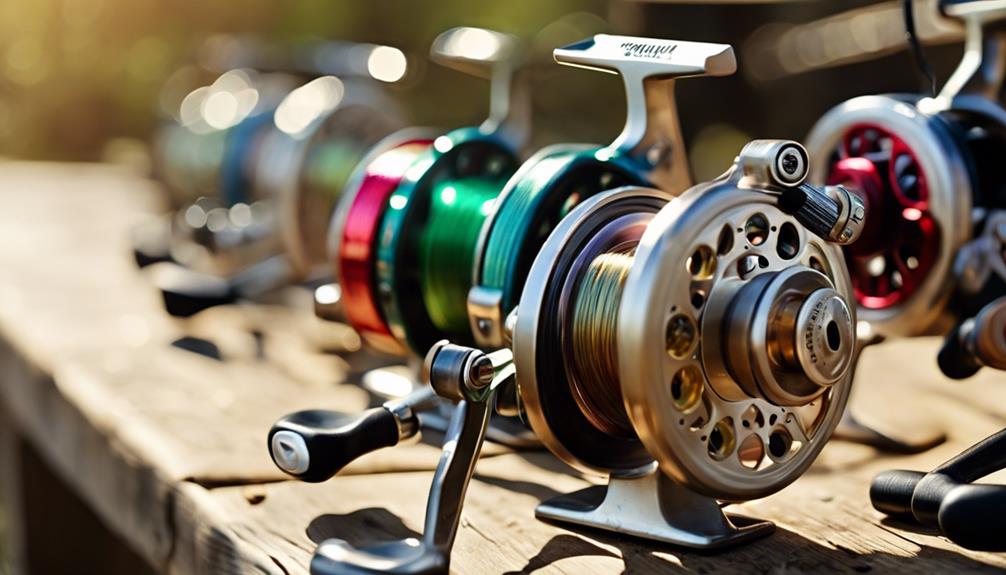Fishing is a beloved pastime for many, offering a chance to relax, connect with nature, and even catch dinner. However, if you’re considering a catch-and-release fishing trip, you might wonder: do I need a fishing license for catch and release? This article will provide you with a detailed understanding of fishing licenses, regulations, and best practices to ensure your fishing experience is both enjoyable and legal.
Understanding Fishing Licenses: An Overview
Before diving into the specifics of catch-and-release fishing, it’s essential to understand what a fishing license is. A fishing license is a legal document that grants individuals the permission to fish in designated areas, whether freshwater or saltwater. The requirements for obtaining a fishing license vary from state to state and country to country. Generally, fishing licenses are required to manage fish populations, promote conservation efforts, and ensure sustainable fishing practices. Even if you plan to practice catch and release, you may still need a license, so it’s critical to check local regulations.
Catch and Release Fishing: What Is It?
Catch and release fishing is a practice where anglers catch fish but release them back into the water instead of keeping them for consumption. This method is popular among conservationists and sport anglers because it helps maintain fish populations and supports ecological balance. However, while catch and release fishing can be environmentally friendly, it still requires adherence to fishing regulations, which often include licensing requirements. Understanding these regulations is crucial to ensuring that you are fishing legally.
Do I Need a Fishing License for Catch and Release? The Answer
In most jurisdictions, you do need a fishing license for catch and release fishing. The rationale behind this requirement is that even if you plan to release the fish, you are still participating in fishing activities that can impact fish populations and ecosystems. Licensing helps authorities monitor fishing pressure, track fish stocks, and enforce conservation measures. Therefore, regardless of your intent to catch and release, it’s always a good idea to obtain the necessary fishing license before heading out.
Exceptions to the Rule: When You Might Not Need a License
While the general rule is that a fishing license is required, there are exceptions. Some states or regions may have designated free fishing days where individuals can fish without a license. Additionally, certain locations may offer exemptions for specific age groups, such as children or seniors. It’s essential to familiarize yourself with local regulations and any potential exceptions that may apply to your situation. Checking your state’s wildlife agency website can provide clarity on these rules.
Understanding Local Regulations: How to Stay Informed
Since fishing regulations can differ widely from one location to another, it’s crucial to stay informed about the laws in your area. Most state wildlife agencies provide comprehensive resources on fishing licenses, including how to obtain one, costs, and specific regulations regarding catch and release. Additionally, many agencies publish guidelines on the species of fish that can be caught, size limits, and seasonal restrictions. Keeping up with these regulations not only ensures that you fish legally but also contributes to responsible fishing practices.
Best Practices for Catch and Release Fishing
If you’re planning on engaging in catch and release fishing, there are several best practices to follow to ensure the wellbeing of the fish. First, use barbless hooks to minimize injury. Secondly, handle the fish as little as possible and wet your hands before touching them to protect their slime coating. Additionally, use a net instead of your hands to reduce stress. When releasing the fish, do so gently and avoid keeping them out of the water for extended periods. These practices help increase the chances of survival for the fish, promoting healthier ecosystems.
Consequences of Fishing Without a License
Fishing without a license can lead to significant consequences, including fines and penalties. Enforcement officers regularly patrol fishing areas to ensure compliance with local laws. If you’re caught fishing without a valid license, you may face hefty fines, which can vary depending on the severity of the violation and the state’s regulations. Moreover, repeat offenders may face more severe penalties, including potential criminal charges. Therefore, it’s always wise to obtain the necessary fishing license before embarking on your fishing adventure.
Conclusion: The Importance of Responsible Fishing Practices
In conclusion, the question, “Do I need a fishing license for catch and release?” is one that every angler should take seriously. While the practice of catch and release is beneficial for fish populations and ecosystems, it still falls under regulatory scrutiny. Obtaining a fishing license is not only a legal requirement in most cases, but it also reflects a commitment to responsible fishing practices and conservation efforts. By staying informed about local regulations and adhering to best practices, you can enjoy your fishing experience while helping to preserve the natural resources for future generations. So before you pack your tackle box, make sure you have your fishing license in hand—it’s the first step in ensuring a successful and responsible fishing outing!
